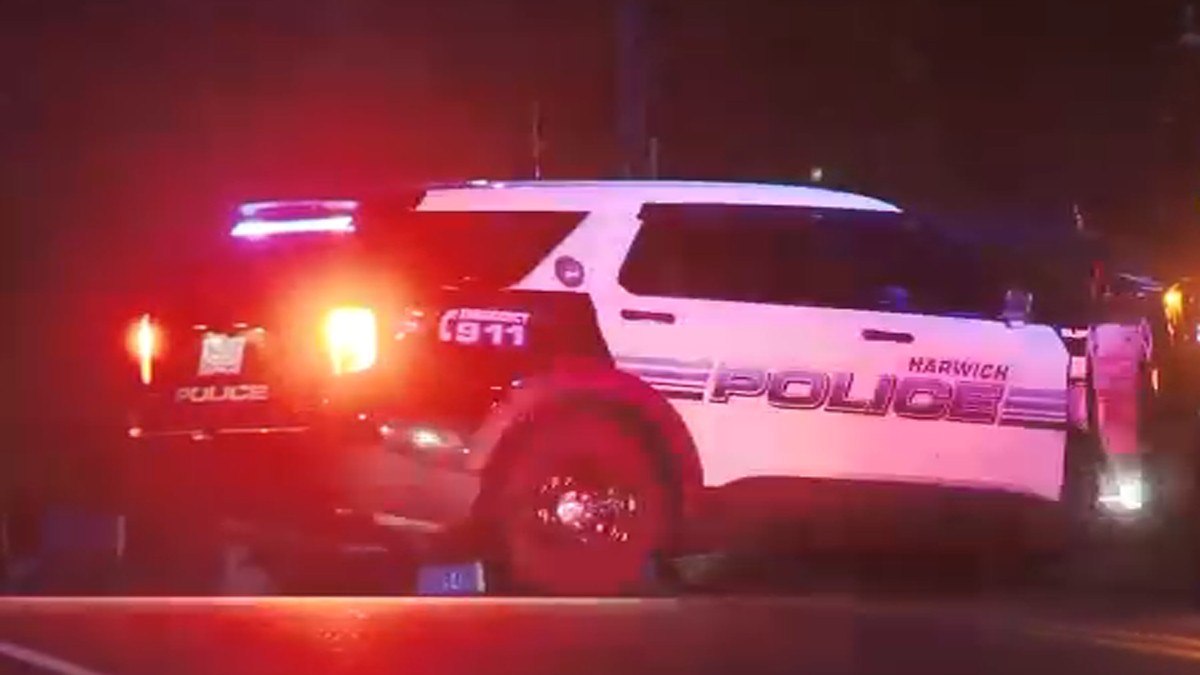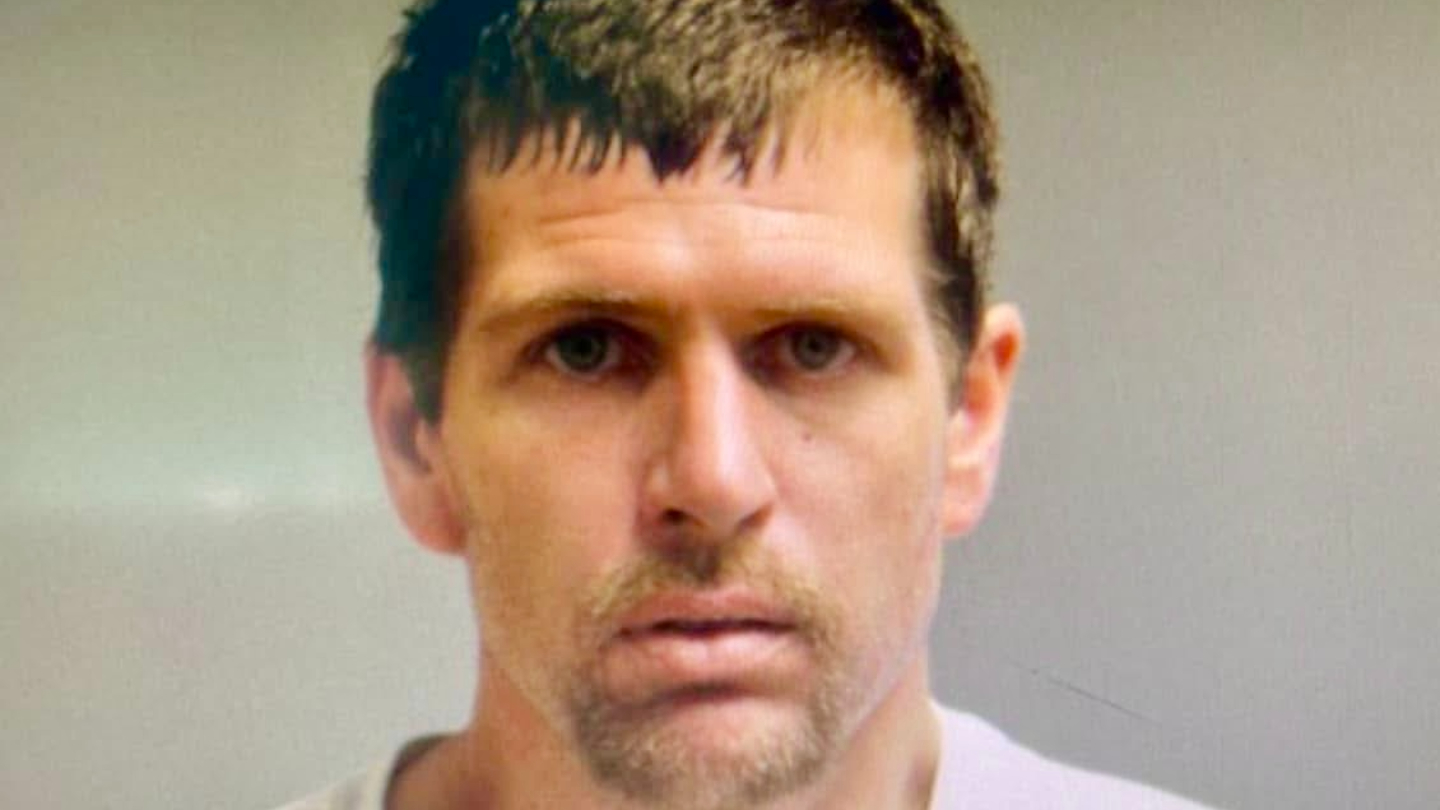In most overdose death cases, the dealer is never held accountable. But in Massachusetts, some prosecutors are beginning to target the dealers as the number of deaths continue to rise.
These are challenging and complex cases. We're seeing some prosecutors charging dealers with manslaughter or distribution in connection with overdose deaths.
WATCH ANYTIME FOR FREE
>Stream NBC10 Boston news for free, 24/7, wherever you are. |
One dealer recently admitted he sold a deadly dose of drugs that killed a 20-year-old Andover man. Max Durham lost his battle with substance use disorder in 2019 after ingesting fentanyl he bought from Joseph Comeau.
"It's devastating to families," said Durham's father, Andrew.
Get updates on what's happening in Boston to your inbox. Sign up for our >News Headlines newsletter.
His mother, Mary, said there will always be a hole in her heart.
"The pain is always there, and the grief," she said.
Durham loved the outdoors, his family and his dog, Skye. He was planning on going to Champlain College in Vermont that spring, but on the morning of Dec. 7, 2019, on his father's birthday, he was found unresponsive on his bedroom floor in his Andover home.
Local
In-depth news coverage of the Greater Boston Area.
"He died here at home, right upstairs, and I saw him throughout the evening and talked to him," Andrew Durham said. "He was planning to go to work the next day, that's when I went up and found him."
Max Durham and his dealer, Joseph Comeau, both battled the demons of addiction. The two young men met at a sober home in Nashua, New Hampshire.
The night before Durham died, Comeau sold him the drugs. Texts show Durham asking Comeau how much he should take because his tolerance for drugs was low. Comeau replied, "Bro, not a lot, like a little. The real deal dude."
He also texted the fentanyl is "really strong." Prosecutors said Comeau was "bragging that his fentanyl is so strong and potent that he can sell it for double the street value to his customers that come down from Maine."
Essex County District Attorney Paul Tucker, whose office prosecuted the case, believes every overdose death should be investigated and prosecuted if possible.
"Somebody who's actually selling this, they have to face the consequences," he said. "The folks that are struggling, they need our understanding."
He added that it's imperative to look at these cases to "try to stem this tide of this opiate storm that's hit us over this last decade."
These cases are extremely difficult to prosecute in the wake of a 2019 Massachusetts Supreme Judicial Court decision that overturned a manslaughter conviction in an overdose death case. Now, prosecutors have to be able to prove the dealer not only sold the drugs, but also knew the drugs could cause substantial harm or death.
"I think it's had a chilling effect on district attorneys' abilities to bring cases where you know that someone sold the substance that caused another person's death, but you didn't have that plus factor," Tucker said.
The NBC10 Boston Investigators surveyed every district attorney's office in the state and found most -- eight of the 11 districts -- have filed charges targeting the dealers, prosecuting them for manslaughter or drug related charges in overdose deaths.
Middlesex County and Suffolk County have not, and Berkshire County hasn't had cases, but is willing to prosecute.
Defense attorney Nat Carney represented Comeau. He didn't want to comment on the case, but says in general, these manslaughter prosecutions don't work.
Carney said these prosecutions don't treat the illness.
"[It] does not heal the addiction and doesn't make our community safer," he argued.
Carney added that the prosecutions don't reduce the amount of drugs on the street and that many low level dealers suffer from substance use disorder themselves.
In court, Comeau apologized and told the judge and the Durham family "Max's death was devastating to me. We were close friends and we both struggled with addiction."
"This was a difficult case all the way around," Tucker said. "It was a difficult case for the family that lost a young man, and essentially for the family of the young man who's now serving time. Essentially, they've lost that person, as well."
While nothing can bring back their son or ever heal their pain, Mary and Andrew Durham say finding the person responsible for selling the drugs that killed Max brings some sense of relief.
Mary Durham said she prayed Comeau would find recovery, but the prosecution was important and could possibly save other lives.
"I feel that the precedent needs to be laid down where if you're dealing these drugs, the risk of prosecution should be hanging over your head," Andrew Durham said.
Comeau was sentenced to five years in prison. He'll undergo mental health and substance use evaluations when he's released.
If you or someone you know is struggling with drug addiction, call the national hotline for drug abuse at 1-888-633-3239 to receive information regarding treatment and recovery.



